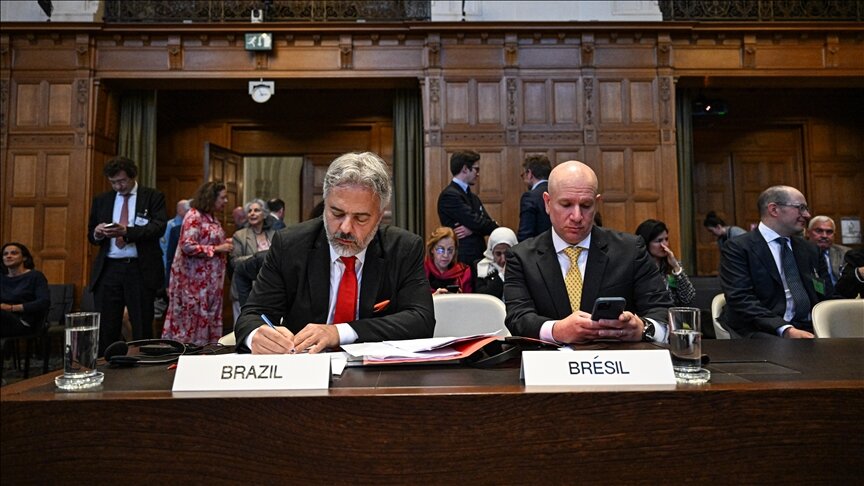Brazil formally intervened in the high-profile genocide case brought by South Africa against Israel at the International Court of Justice (ICJ), filing a declaration of intervention. The move makes Brazil the latest of several countries to formally join the proceedings, signaling growing international legal and political engagement with the case, which accuses Israel of violating the 1948 Genocide Convention in its military operations in the Gaza Strip. Brazil's intervention is based on Article 63 of the ICJ Statute. This specific legal provision gives any state that is a party to a convention the right to intervene in a case where the interpretation of that convention is in question.
As a signatory to the Genocide Convention, Brazil is exercising its right to present its legal construction of the treaty's obligations to the court. In its submission, Brazil argued that the court's interpretation of Articles I, II, and III of the Convention is at stake and offered its legal views on the matter. The legal effect of an intervention under Article 63 is significant: while Brazil does not become a party to the dispute between South Africa and Israel, it agrees to be legally bound by the court's final judgment on the interpretation of the Genocide Convention. The ICJ has invited both South Africa and Israel to submit written observations on Brazil's declaration. South Africa initiated the case in December 2023, alleging that Israel's actions in Gaza are "genocidal in character" and are "committed with the requisite specific intent... to destroy Palestinians in Gaza as a part of the broader Palestinian national, racial and ethnical group."
The ICJ has since issued several sets of provisional measures, including an order in January 2024 that found it "plausible" that Palestinian rights under the convention were being violated and required Israel to take all measures to prevent acts of genocide. Brazil's decision to intervene follows similar moves by Colombia, Mexico, Spain, Turkey, Chile, and Ireland, among others, creating a broad coalition of states formally engaging with the legal questions before the court. The intervention is largely seen as a symbolic but important act of political and legal solidarity with South Africa's case.
It adds the voice of a major non-party state to the proceedings, reinforcing the argument that the interpretation and application of the Genocide Convention are matters of concern to the entire international community, not just the direct parties to the conflict. This growing third-party engagement increases the political weight of the case and the eventual judgment, making it more difficult for the outcome to be dismissed as a purely bilateral dispute.
Source: AA



